In the world of textiles, two fibers reign supreme: polyester fabric and cotton. Both have their unique characteristics, advantages, and disadvantages. Understanding the differences between these fibers is crucial for businesses involved in the textiles and apparel industry. This article aims to provide a comprehensive analysis of polyester fabric versus cotton, helping entrepreneurs make informed decisions about the fibers they choose for their products. 1. Durability: Polyester fabric is renowned for its durability. It is resistant to stretching, shrinking, and wrinkles, making it an excellent choice for outerwear, sportswear, and uniforms. On the other hand, cotton fabric, while soft and breathable, is less resistant to wear and tear. It may shrink, fade, or lose shape over time, making it better suited for casual or everyday wear. 2. Cost-effectiveness: Polyester fabric generally comes at a lower price point compared to cotton.
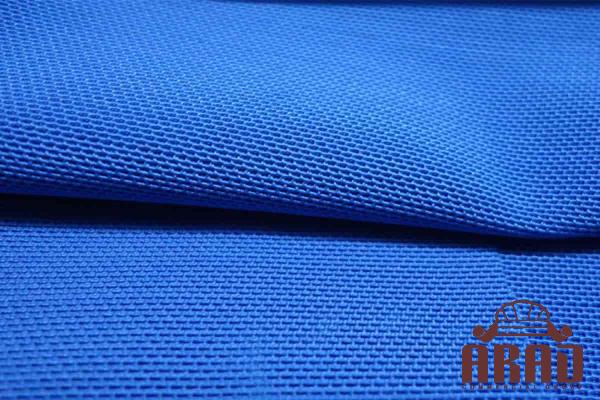
.
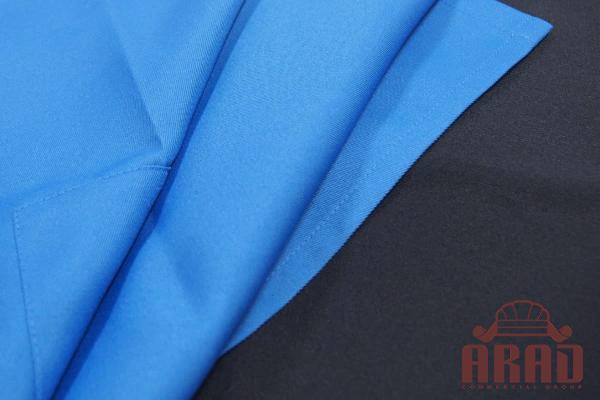 Its affordability and durability make it a popular choice in industries requiring large quantities of fabric, such as workwear and uniforms. Conversely, cotton fabric is typically more expensive due to factors like high-quality production, natural sourcing, and higher labor costs associated with growing, harvesting, and processing the cotton crop. 3. Comfort and Breathability: Cotton fabric is often praised for its breathability and comfort. Its natural fibrous structure allows for better air circulation, making it ideal for use in warm and humid climates. Polyester fabric, being synthetic, is less breathable and can retain heat, making it better suited for cooler climates or specific applications that require moisture wicking, such as sportswear.
Its affordability and durability make it a popular choice in industries requiring large quantities of fabric, such as workwear and uniforms. Conversely, cotton fabric is typically more expensive due to factors like high-quality production, natural sourcing, and higher labor costs associated with growing, harvesting, and processing the cotton crop. 3. Comfort and Breathability: Cotton fabric is often praised for its breathability and comfort. Its natural fibrous structure allows for better air circulation, making it ideal for use in warm and humid climates. Polyester fabric, being synthetic, is less breathable and can retain heat, making it better suited for cooler climates or specific applications that require moisture wicking, such as sportswear.
..
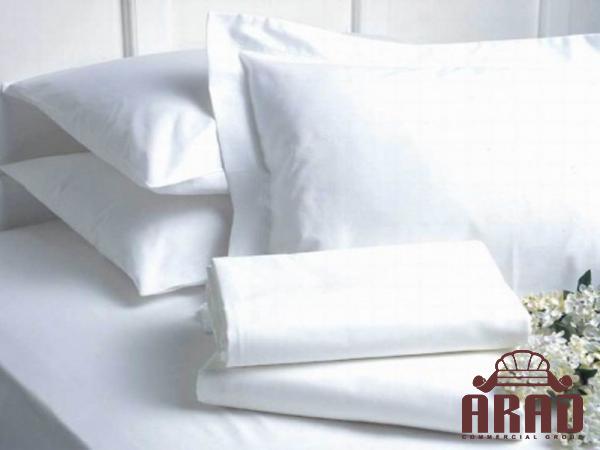 4. Maintenance and Care: Polyester fabric is relatively easy to maintain and has excellent stain resistance. It is machine washable and quick-drying, compared to cotton fabric, which may require more delicate handling and ironing to maintain its appearance. Cotton fabric often requires special care to avoid shrinking, fading, or pilling. 5. Environmental Considerations: Cotton is a natural fiber, produced from plants, making it biodegradable and renewable. In contrast, polyester is a synthetic fiber produced from petroleum-based chemicals, contributing to environmental concerns regarding its production, use of non-renewable resources, and potential impact on microplastic pollution.
4. Maintenance and Care: Polyester fabric is relatively easy to maintain and has excellent stain resistance. It is machine washable and quick-drying, compared to cotton fabric, which may require more delicate handling and ironing to maintain its appearance. Cotton fabric often requires special care to avoid shrinking, fading, or pilling. 5. Environmental Considerations: Cotton is a natural fiber, produced from plants, making it biodegradable and renewable. In contrast, polyester is a synthetic fiber produced from petroleum-based chemicals, contributing to environmental concerns regarding its production, use of non-renewable resources, and potential impact on microplastic pollution.
…
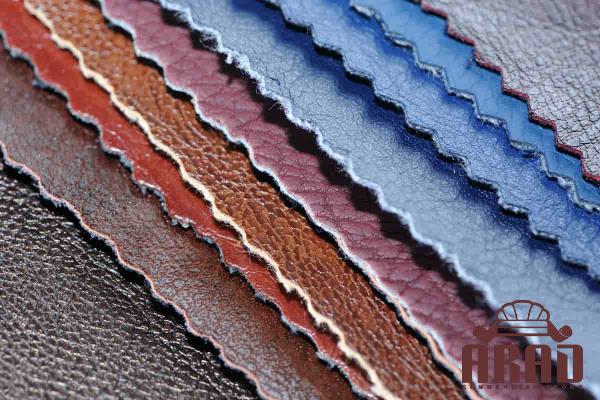 Sustainable and environmentally conscious businesses may prefer to use organic cotton or explore alternative synthetic fibers made from recycled materials to mitigate these concerns. Conclusion: Both polyester fabric and cotton have their merits and drawbacks. Polyester excels in durability, cost-effectiveness, and ease of maintenance, while cotton scores high in comfort, breathability, and environmental sustainability. Ultimately, the choice between these fibers depends on the specific needs, preferences, and values of a business. By carefully evaluating the characteristics and understanding the target market, entrepreneurs can make informed decisions and create products that cater to their customers’ needs while aligning with their overall sustainability goals.
Sustainable and environmentally conscious businesses may prefer to use organic cotton or explore alternative synthetic fibers made from recycled materials to mitigate these concerns. Conclusion: Both polyester fabric and cotton have their merits and drawbacks. Polyester excels in durability, cost-effectiveness, and ease of maintenance, while cotton scores high in comfort, breathability, and environmental sustainability. Ultimately, the choice between these fibers depends on the specific needs, preferences, and values of a business. By carefully evaluating the characteristics and understanding the target market, entrepreneurs can make informed decisions and create products that cater to their customers’ needs while aligning with their overall sustainability goals.
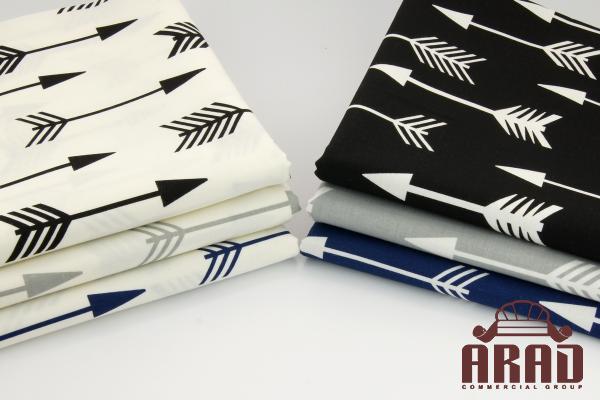
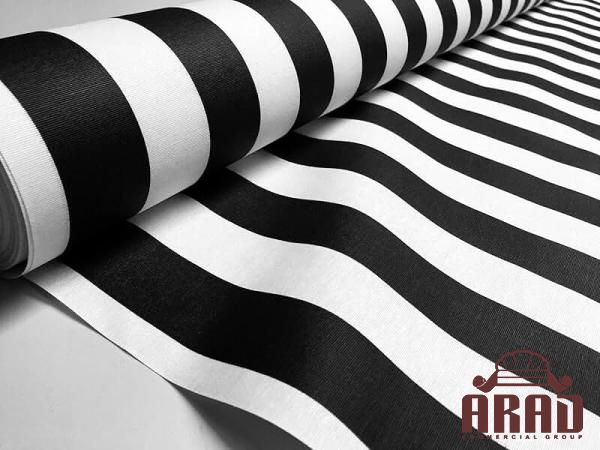
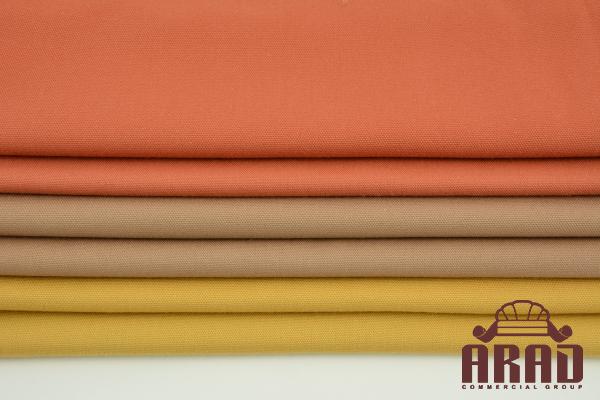
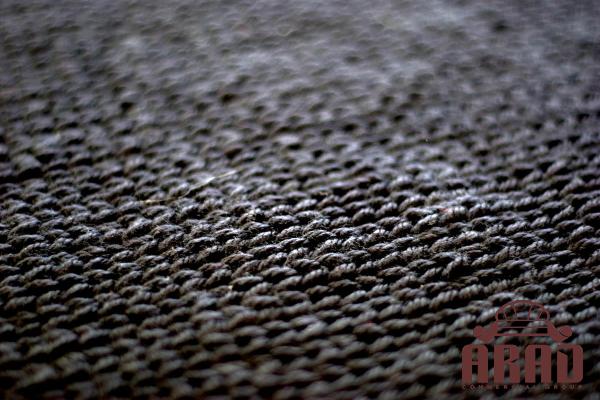
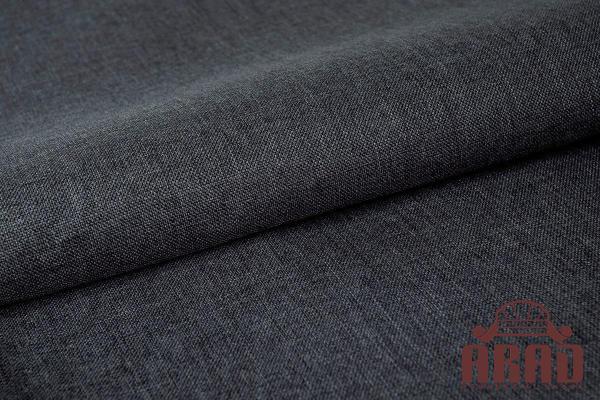
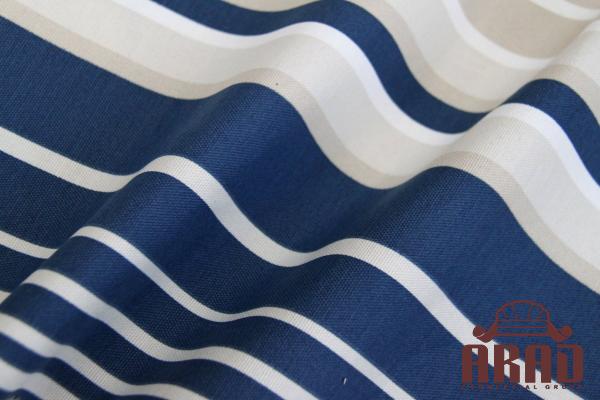
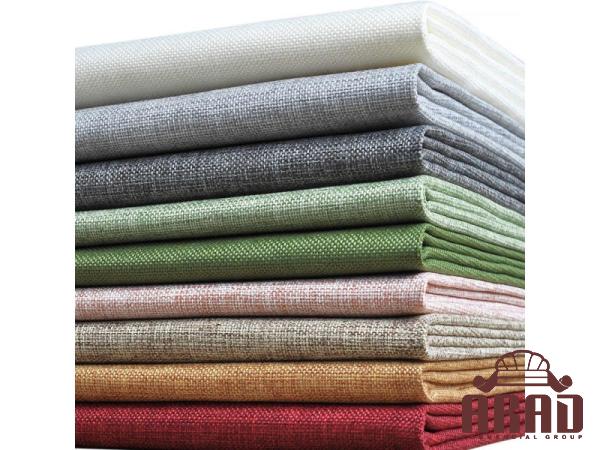
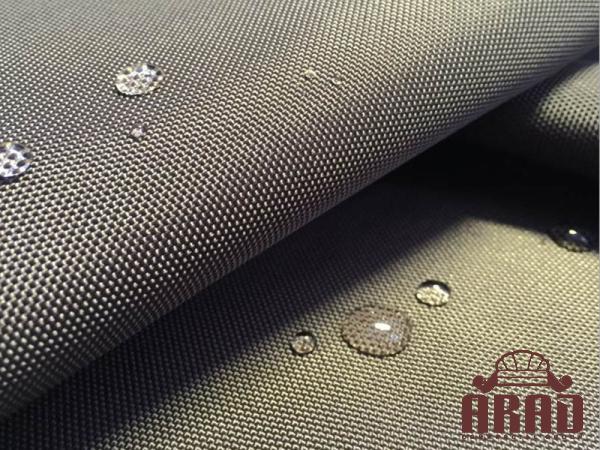
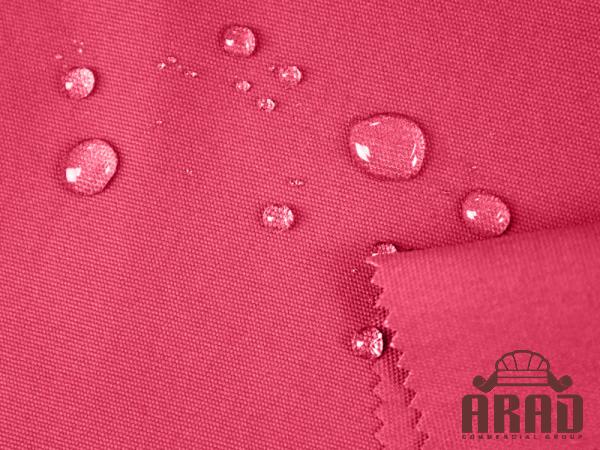
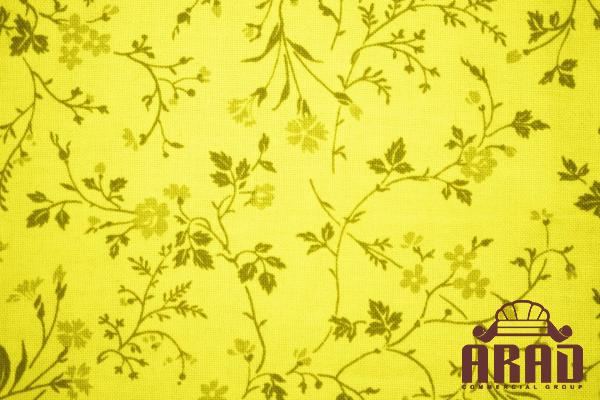
Your comment submitted.